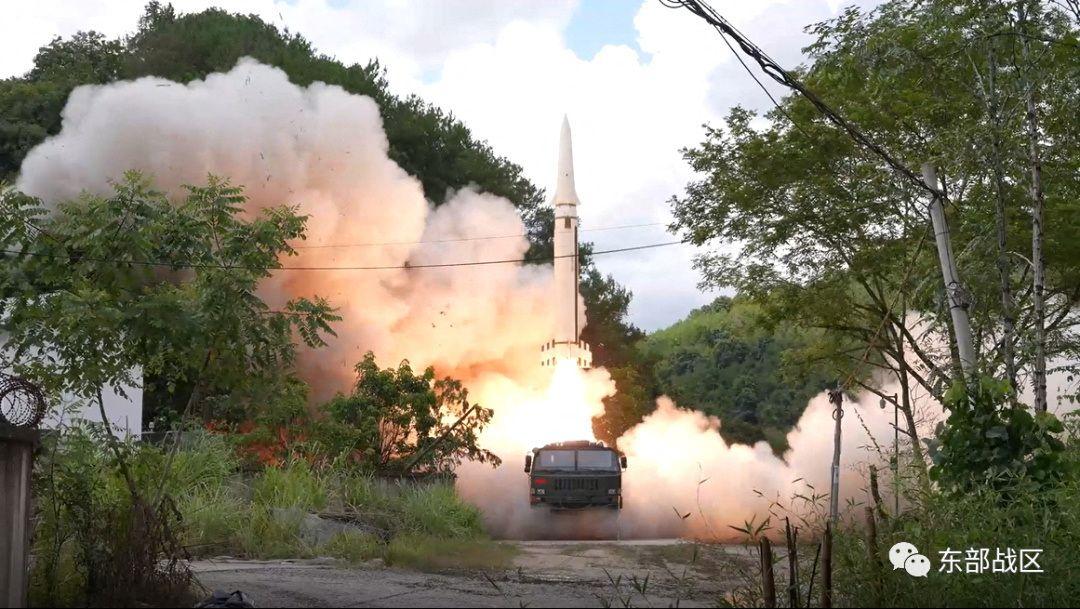The Liberal government is deliberately keeping its China policy obscure, but with Beijing flexing its muscles in the Indo-Pacific it is important to take concrete action to strengthen defence in the region, say experts.
Terry Russell, a senior scholar at the Asian Studies Centre at the University of Manitoba, says Canada lacks a clear China policy and is being “deliberately obscure” on the issue out of a desire to maintain business relationships with Beijing. However, the federal government is aware of the public’s disapproval of the regime’s many human rights violations, he said.
“The government of Justin Trudeau is aware that most Canadians are very suspicious of China and not supportive of leaning further, deepening engagement with China, without some sort of corresponding attention to human rights and rules-based order in the international sphere,” Russell told The Epoch Times.
“But the Liberal government is heavily indebted to and reliant on some very large businesses interests that have a lot of dealings in China, and they don’t want to endanger those businesses,” he added.
“So it’s a kind of balancing act for the Liberals, because they have to, on the one hand, respond to Canadian popular sentiment, which is generally hostile to China, but on the other hand, they’re very intent on keeping [China’s] business support. So I think in many ways it’s deliberate that the Canadian China policy is not very clear.”
While the government can be critical of Beijing’s transgressions, it hasn’t done “nearly enough” to call out the regime and demand better, Russell says.“The government, and especially Justin Trudeau, are happy to make statements about how they disagree with and condemn China’s treatment of Uyghurs and the situation in Hong Kong, and generally the human rights situation in China, but they really haven’t taken a lot of action in terms of trying to do something tangible to demonstrate to China that they really aren’t happy about these situations.”





